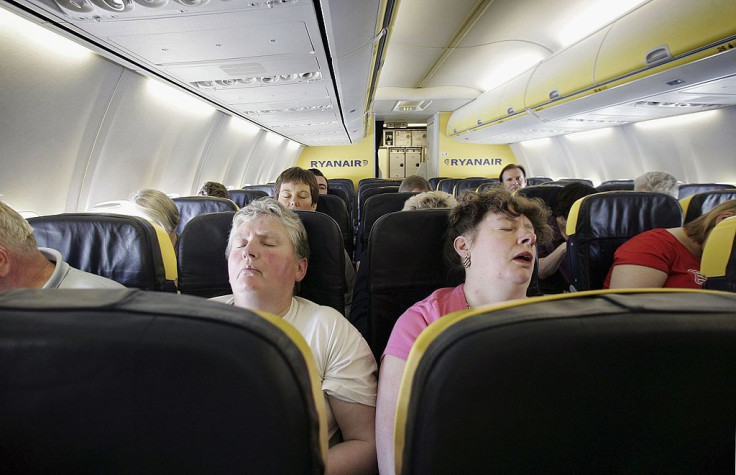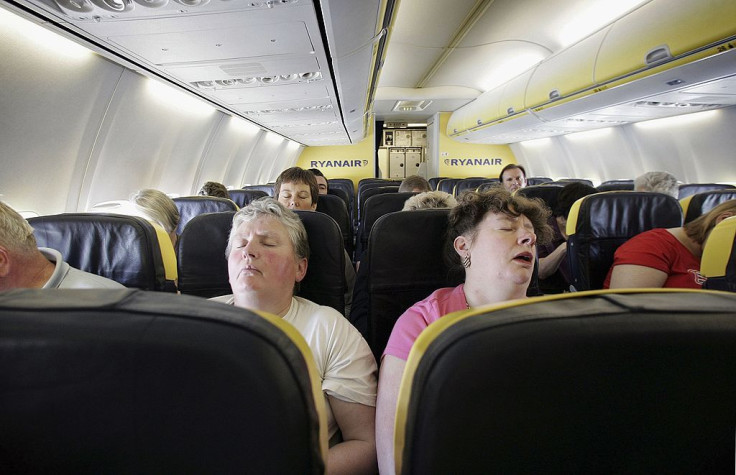3 Common Sleep Myths Debunked

Keeping yourself fit and healthy during the day means making sure you’ve got great “sleep hygiene” every night.
While the term sleep hygiene has been with us for about half a century, most of us don’t bother with it at all. A lot of us probably don’t know what it even is.
To quote the experts, sleep hygiene is the recommended behavioral and environmental practice intended to promote better quality sleep. In other words, it’s a set of habits that guarantee you get seven to eight hours of sound and healthful sleep every night.
Healthcare experts recommend sleep hygiene by establishing a regular sleep schedule, not using the bed for anything but sleep and sex, not exercising physically or mentally too close to bedtime, limiting worry, limiting exposure to light in the hours before sleep, getting out of bed if sleep does not come, avoiding alcohol, nicotine, caffeine and other stimulants in the hours before bedtime and having a peaceful, comfortable and dark sleeping environment.
There are a number of sleep myths that go against sleep hygiene but continue to enjoy popularity because fake news seems to be all the rage these days. A new study published recently in the journal Sleep Health disproved three of these persistent sleep myths that continue to thrive. It also said debunking common sleep myths is key for our overall health.
These sleep myths are:
- A person can function well on five hours of sleep or less
- Loud snoring is normal
- Drinking alcohol before bedtime aids sleep
Researchers that conducted the study say getting less than five hours of sleep a night is the one most likely to damage a person's health in the long run. Napping during the day to make up for sleep deprivation at night isn’t a solution, said the study. Instead, it is advisable to create a regular sleep schedule.
Over a third of adults in the United States already don’t get enough sleep, according to the U.S. Centers for Disease Control and Prevention (CDC). In addition, some 35 percent of adults get less than the recommended seven hours of sleep every night.
Doctors have long known that insufficient sleep is linked to a range of health problems. These include obesity, diabetes, cardiovascular conditions and mental health issues. Lack of sufficient sleep can also weaken the body's immune system and affect hormone production and insulin resistance.
"Sleep is a vital part of life that affects our productivity, mood, and general health and well-being,” Rebecca Robbins, lead investigator of the new study and a postdoctoral researcher in the Department of Population Health at New York University's (NYU) Langone Health in New York City, said.
"Dispelling myths about sleep promotes more healthful sleep habits, which, in turn, promote overall better health,” she added.
As for loud snoring being normal, researchers caution snoring might be a sign of sleep apnea, a sleep disorder characterized by pauses in breathing or periods of shallow breathing during sleep. Sleep apnea is a condition that affects 18 million people in the U.S.
It might lead to heart attacks, stroke, or depression if left untreated. Robbins and her colleagues urge people not to ignore loud snoring.
Drinking alcohol before bedtime does not aid sleep. On the contracy, scientific evidence has repeatedly shown that alcohol consumption prevents people from achieving the deep, restful phase of sleep.
"Sleep is important to health, and there needs to be greater effort to inform the public regarding this important public health issue,” senior investigator Girardin Jean-Louis, Ph.D., a professor in the Department of Population Health and Psychiatry at NYU Langone, said.
“For example, by discussing sleep habits with their patients, doctors can help prevent sleep myths from increasing risks for heart disease, obesity, and diabetes."

Published by Medicaldaily.com



























